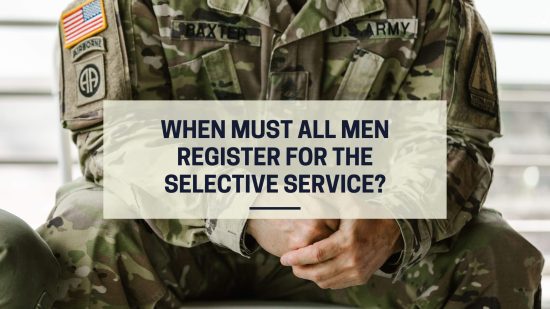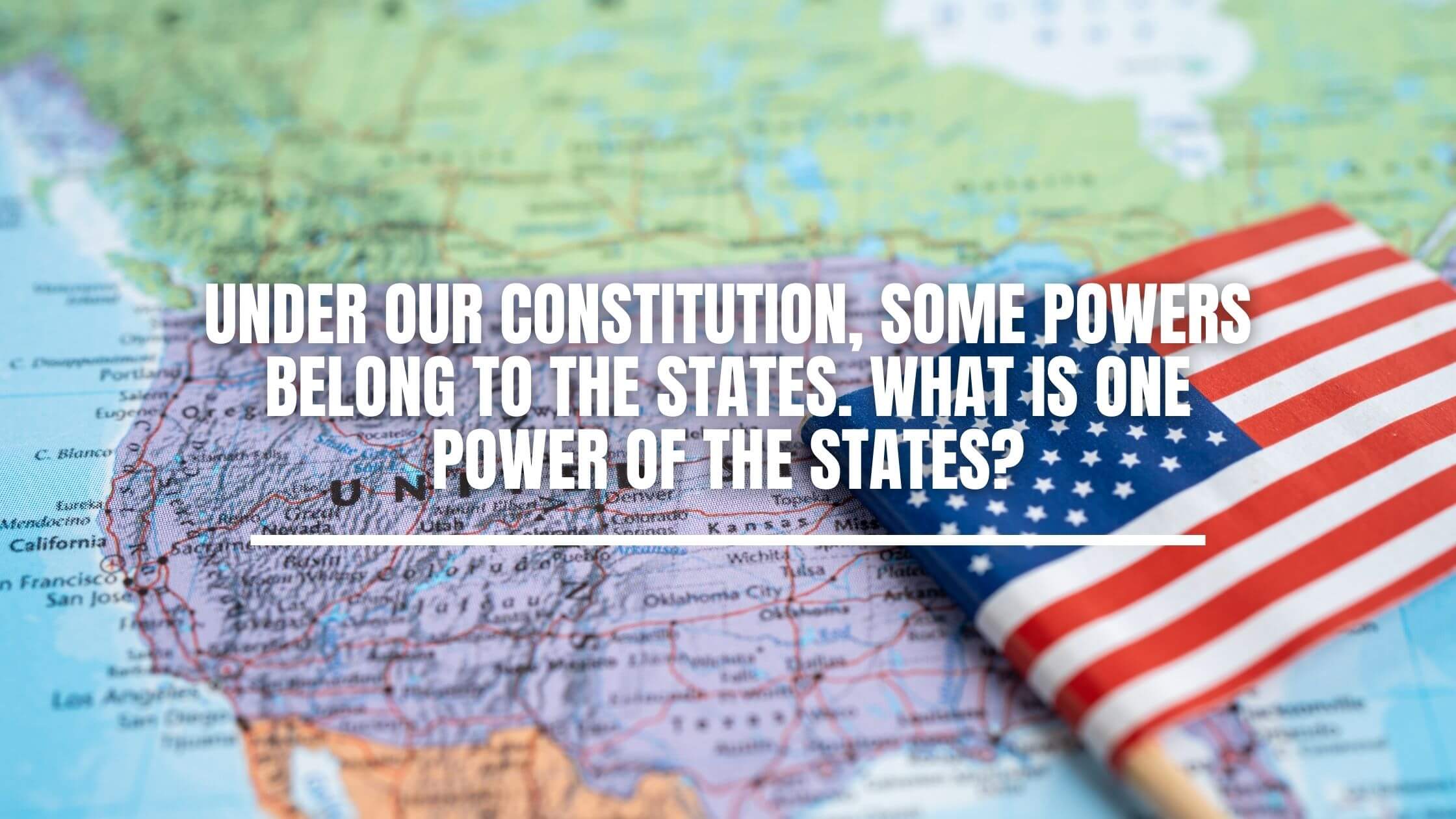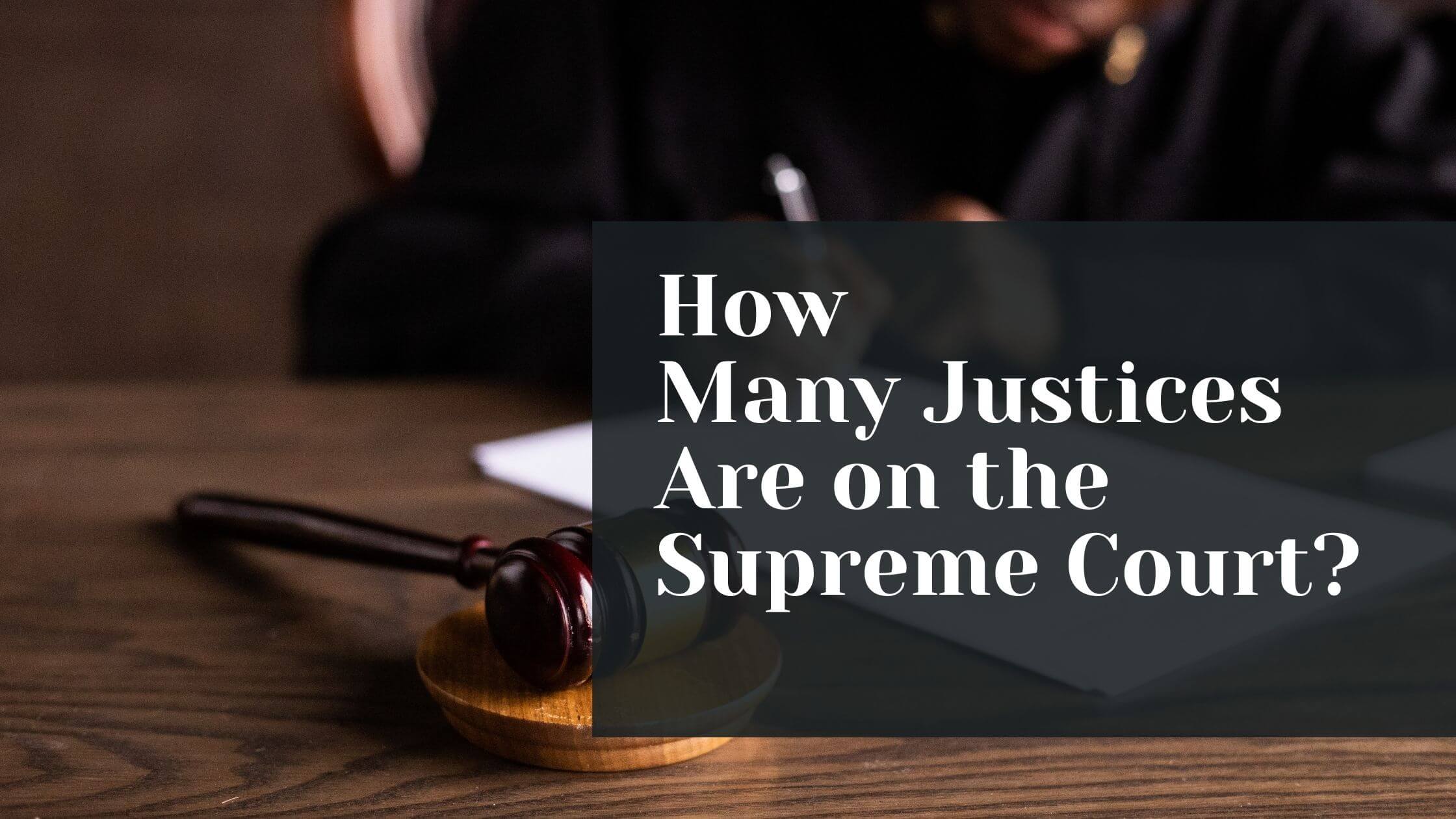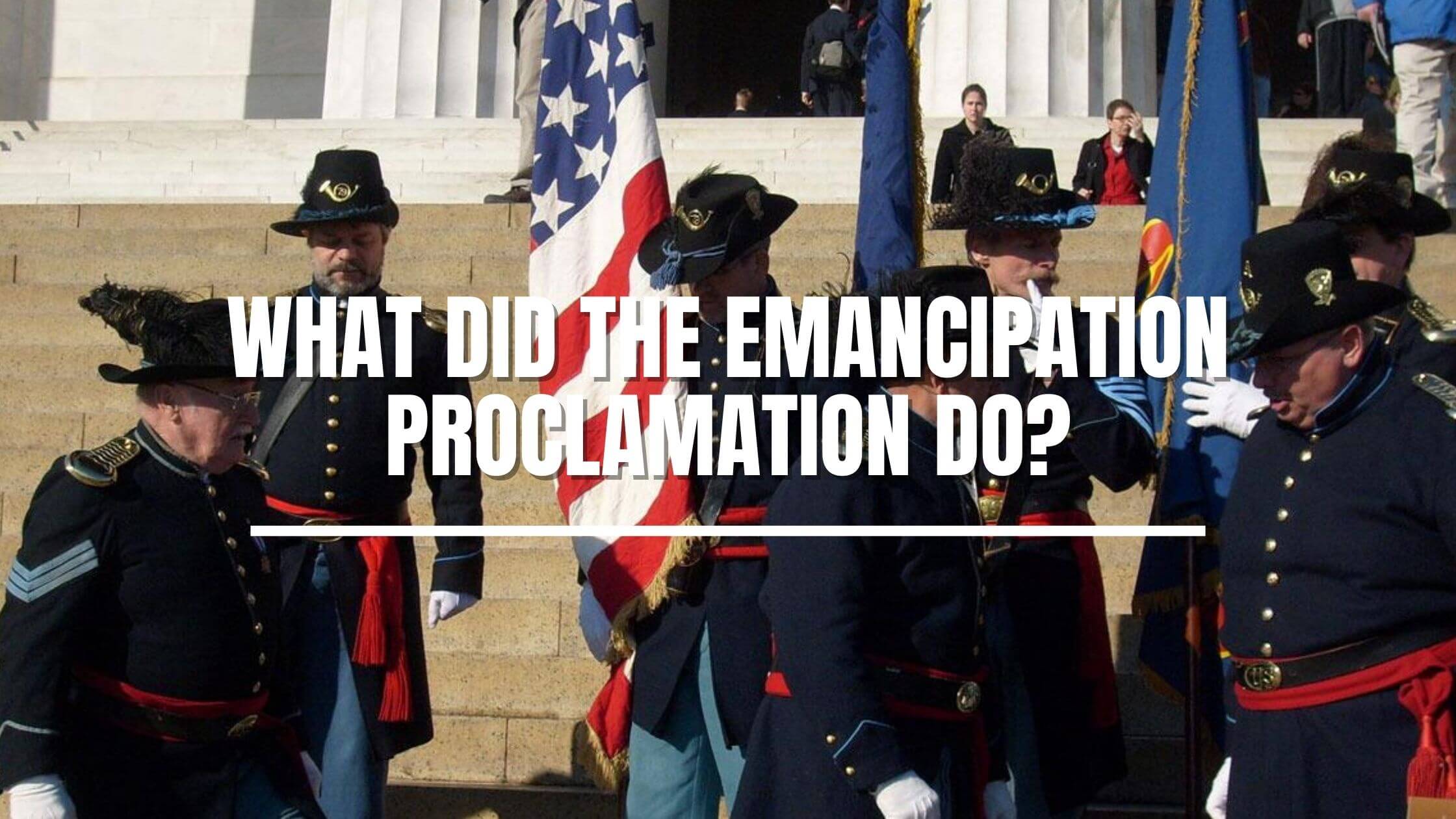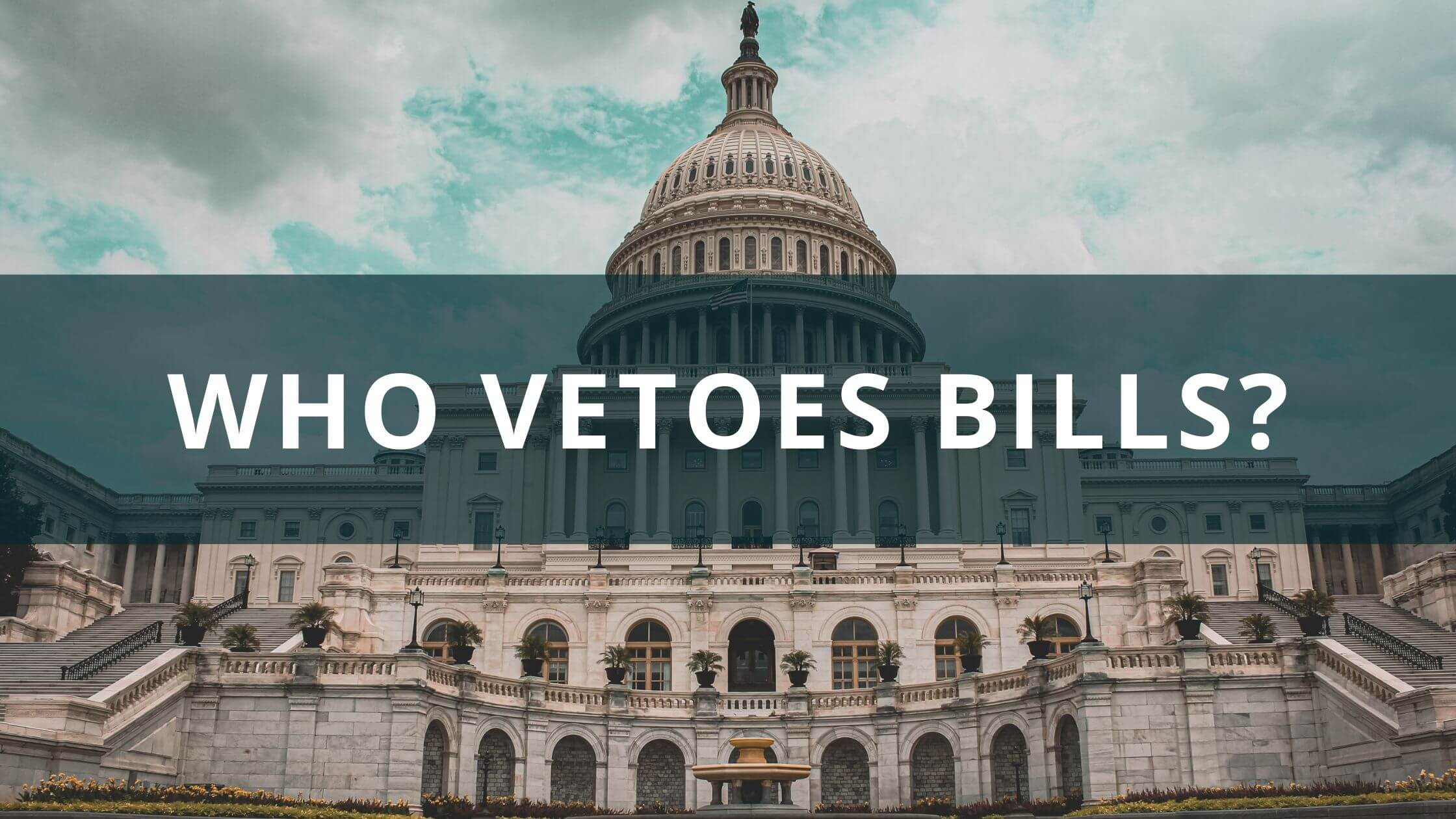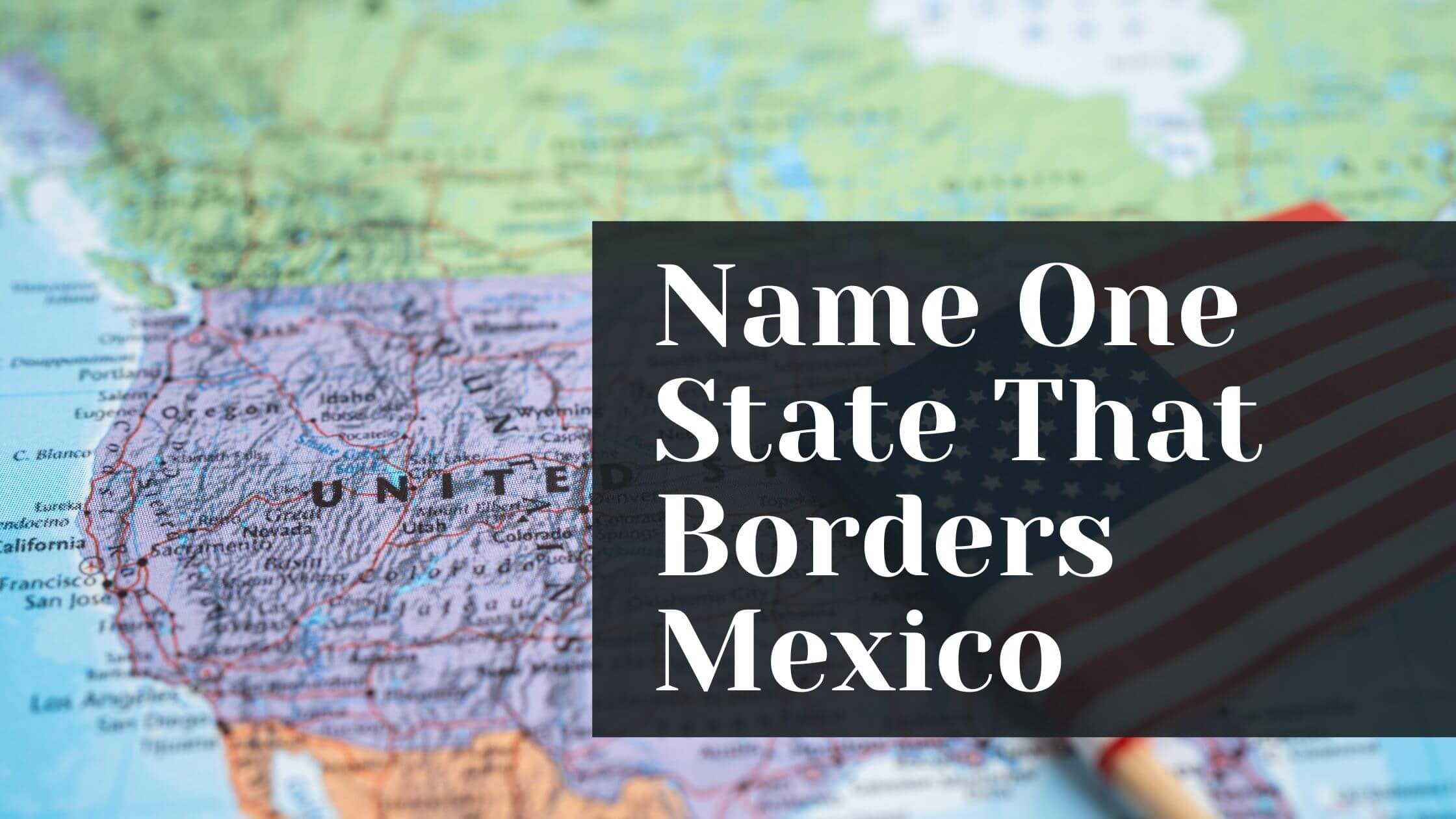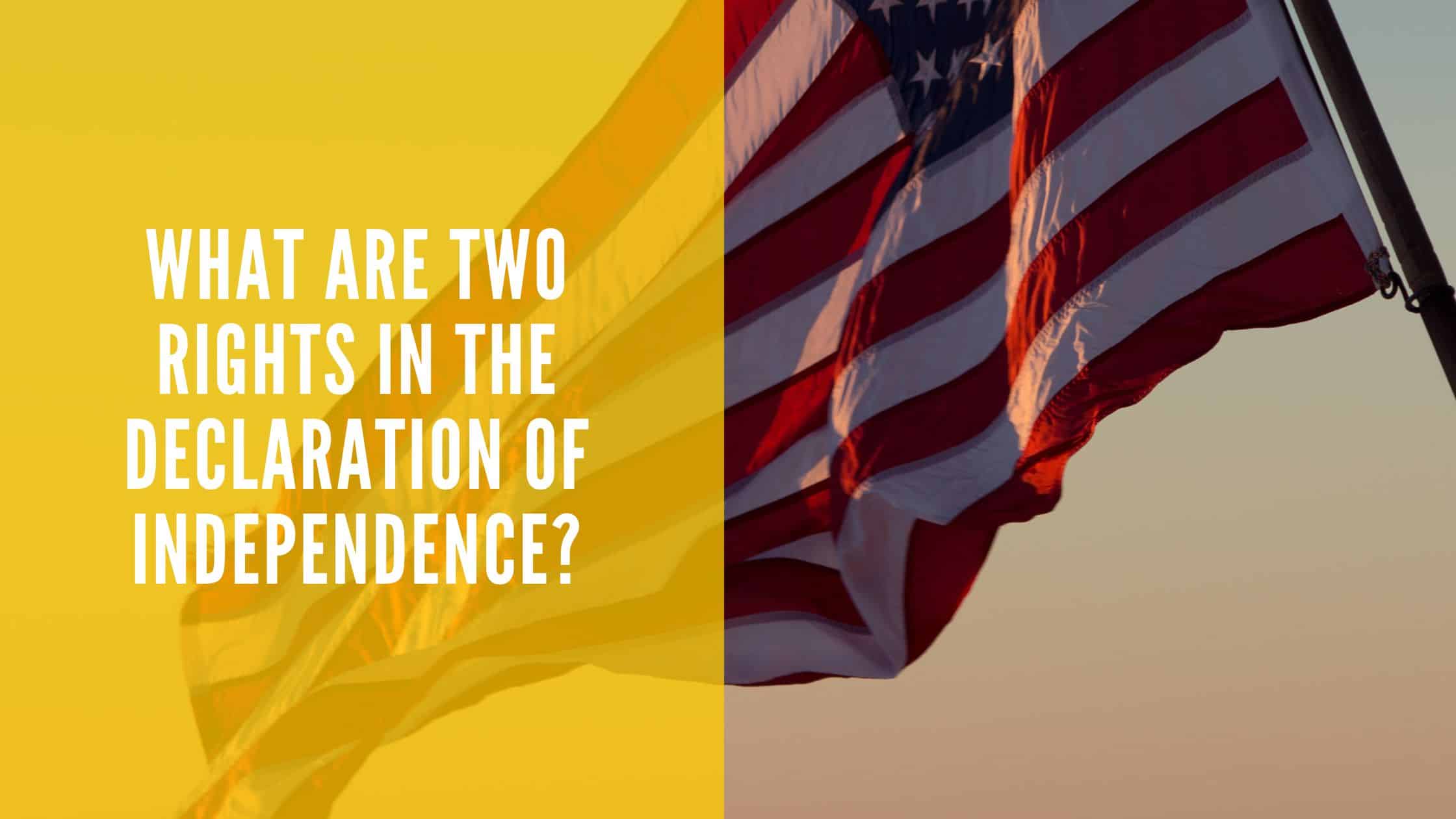Table of Contents
ToggleSources
- https://www.sss.gov/
The official website of the Selective Service System provides authoritative information on registration requirements, processes, and legal obligations, directly supporting the claims made in the blog post. - https://www.uscis.gov/citizenship/learn-about-citizenship/the-naturalization-interview-and-test
The USCIS official website details the naturalization process, including the citizenship test questions and requirements, which validates the information about the Selective Service question in the test. - https://www.law.cornell.edu/uscode/text/50/3802
Cornell Law School's Legal Information Institute provides the text of the U.S. Code regarding Selective Service registration, including penalties for non-compliance, which supports the legal claims in the blog post. - https://www.defense.gov/News/News-Stories/Article/Article/3564961/dod-official-explains-selective-service-system/
A Department of Defense news article explaining the Selective Service System, its purpose, and current status, which corroborates the historical and operational details mentioned in the blog post. - https://www.finaid.org/loans/solomonamendment.phtml
This resource explains the Solomon Amendment and its implications for financial aid, supporting the blog post's discussion on how failure to register affects access to federal benefits and services.
Key Points
- All men must register for the Selective Service at age 18, or between 18 and 26.
- Immigrant non-citizens residing in the U.S. must also register by age 18.
- Pre-registration is possible nine months before turning 18, with automatic enrollment at 18.
- Failure to register can result in fines up to $500,000 and five years in prison, though prosecutions are rare.
- Prosecutions for failing to register ceased in 1988 due to legal and logistical challenges.
- The Selective Service System maintains a list of eligible men for potential military conscription.
- Registration is a prerequisite for U.S. citizenship for immigrant non-citizens.
- Solomon Amendment Laws limit access to financial aid and federal employment for those who fail to register.
- Late registrations are accepted until age 26.
- Recent changes allow proving that failure to register was not willful, and financial aid restrictions have been revoked.
Summary
All men in the U.S., including non-citizen immigrants, must register for the Selective Service between ages 18 and 26, either online or via a form. While failure to register can technically result in fines or imprisonment, prosecutions have been rare since the 1980s; instead, penalties include restrictions on federal benefits, financial aid, and employment. Recent updates to Solomon Amendment Laws have eased some requirements, allowing exemptions for those who didn’t knowingly fail to register.
To pass the US citizenship test, you will have to answer 10 of a possible 100 questions. The following question is from the USCIS test.
When must all men register for the Selective Service?
Acceptable Answers:
- at age eighteen (18)
- between eighteen (18) and twenty-six (26)
All Men Must Register for the Selective Service at Age 18
The United States Selective Service System, created in 1917 under the Selective Service Act, exists as part of the draft or conscription into the United States Armed Services.
Accordingly, any male citizen who turns 18 while living in the United States must register themselves with the system no later than 30 days after their 18th birthday. Immigrant non-citizens residing within the United States are also required to register with the Selective Service once they reach the age of 18.
Federal law requires that any male between the ages of 18 and 25 must be registered with the Selective Service. Any citizen or non-citizen immigrant may pre-register for the Selective Service nine months before their 18th birthday. Those who pre-register will automatically add their personal information to the system on their 18th birthday. Likewise, once someone has reached the age of 26, they will no longer be allowed to register.
Immigrant non-citizens who enter the country after their 18th birthday but before their 26th birthday must also register. This registration is a prerequisite to the United States Citizenship application process. A failure of the immigrant to register may result in their petition for citizenship being denied. Registration can be completed online through the selective service system website or via the SSS form.
The Selective Service System
Operating as an independent agency, the Selective Service is responsible for maintaining the information on those citizens and non-citizen immigrants who may or may not be subject to the draft. According to United States law, a male US citizen may be conscripted into military duty in one of two ways.
The first possible way a United States citizen or even non-citizen immigrants may be conscripted is through Selective Service System registration. This system provides a list of all men between the ages of 18 and 25 who are eligible for military service. In the event that the draft is initiated, these men would be entered into a lottery based on their birthdays. This lottery matches each possible date of birth with 366 order positions. The date of birth is matched with a position number, which is then used to determine which order they will be sent notices of impending military service.
The second way a citizen or non-citizen immigrant may be conscripted is through their professional licensing. The licensing of certain professions within the United States provides the Selective Service System with the names of those who may be conscripted for duty in certain specialized fields.
It is the responsibility of the System to send out notices of induction to citizens and non-citizen immigrants based on the results of the lottery. However, the Selective Service is also responsible for adjudicating any claims or requests for deferment. Under the rules, should the draft be initiated, a draftee may dispute their qualifications and request exemptions directly through the Selective Service System within thirty days of receipt of their notice.
What Happens if I Fail To Register?
Under federal law, any male between 18 and 26 who fails to register for the Selective Service can face a fine of up to $500,000 and five years in prison. Prosecutions for failing to register were commonplace during the Vietnam War but dropped exponentially throughout the 1970s.
Between 1980 and 1986, only 20 people were indicted for failing to register. The Selective Service System accepts late registrations up until a male US citizen reaches his 26th birthday.
Despite the penalties associated with failing to register, there have been very few indictments since the 1980s. For someone to be found guilty by the courts for failing to register, the prosecution must prove that the person being indicted knew and specifically intended to break the law.
This requirement made it very difficult for the government to fully prosecute someone for knowingly failing to register. The prosecution of citizens and non-citizen immigrants for failing to register ceased altogether in 1988.
The Suspension of Prosecutions
The last person who had been prosecuted for failing to register for the Selective Service was indicted in January 1986. By 1980, there was no longer any requirement for government officials to request to see anyone’s military draft card when checking their identification. Without any law requiring a citizen or non-citizen immigrant to carry their military draft card on them, most men over 18 stopped carrying their card completely.
This lack of requirements to carry any proof of registration resulted in the increased cost of not only identifying those who failed to register but also prosecuting them. The Department of Justice also had the high hurdle of proving beyond a reasonable doubt that someone knowingly and willfully failed to register.

Get Smarter on US News, History, and the Constitution
Join the thousands of fellow patriots who rely on our 5-minute newsletter to stay informed on the key events and trends that shaped our nation's past and continue to shape its present.
As a result, in 1988, the Selective Service System and the Department of Justice agreed that they were no longer going to pursue anyone who failed to register.
Solomon Amendment Laws
Rather than focusing on punishing offenders of the Selective Service registration requirement, the government shifted its focus to encouraging this registration through various Solomon Amendment Laws. This group of laws is designed to coerce registration by limiting access to social services like financial aid and various loan and grant programs.
Accordingly, anyone who fails to register for the Selective Service at the age of 18 would not be able to apply for financial aid or other school grants. They would also be disqualified from employment with federal departments or administrations. If a citizen or immigrant non-citizen fails to register before they turn 26, they would be permanently barred from these grants, financial aid, certain benefits, and federal employment eligibility.
More recently, there have been changes to the Solomon Amendment Laws, which allows a citizen or non-citizen immigrant to prove that their failure to register was not done knowingly or willfully. The condition to register with the Selective Service to obtain financial aid for higher education has also been revoked.
When Must All Men Register for the Selective Service? Quiz
Frequently Asked Questions
At what age must all men register for the Selective Service?
What are the acceptable answers for the USCIS question about Selective Service registration?
What happens if a male fails to register for the Selective Service?
Can non-citizen immigrants register for the Selective Service?
What are the consequences of not registering for the Selective Service under the Solomon Amendment Laws?
How useful was this post?
Click on a star to rate it!
Average rating / 5. Vote count:
No votes so far! Be the first to rate this post.
We are sorry that this post was not useful for you!
Let us improve this post!
Tell us how we can improve this post?
